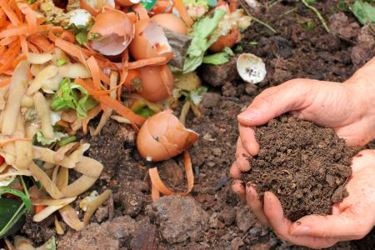Composting Facility Likely Cause Of Massive PFAS Spread In Massachusetts Town


What was designed to be a green-friendly practice in Massachusetts is now being blamed for spreading one of the country’s most notorious drinking water contaminants.
The accusations stem from the health decline of Tom and Sue Ryan, who used soil from a business across the street, an organic composting company called Mass Natural. Recently, they found that the water they were consuming contained levels of per- and polyfluoroalkyl compounds (PFAS) that were 50 times higher than what the state recommends, and that this neighbor could be the cause.
“State officials say the PFAS likely spread through ground water from the 240-acre composting facility — the first of its kind in Massachusetts, and now the state’s largest — which has been accepting tens of thousands of tons of organic waste every year and selling it as loam, potting soil, and mulch over more than three decades,” according to the Boston Globe. “It could also be from the loam they spread on their property.”
PFAS have become one of if not the most high-profile drinking water contaminants, nicknamed “forever chemicals” because of their long-lasting presence in the environment, and tied to numerous adverse health impacts on consumers. As federal authorities get closer to setting national drinking water limits on PFAS, more work is being done to identify its sources and hold polluters accountable.
Chemical manufacturers and military operations have been linked to PFAS contamination of source water throughout the U.S., and it now seems that composting operations can be added to the list.
“State officials and an environmental consultant working for the company have identified at least 218 properties in the area that could have contaminated drinking water, raising concerns about the safety of large-scale composting operations at a time when Boston and other municipalities have been rolling out citywide programs to collect food and other organic matter,” per the Globe.
For their part, the composting facility’s owners seem as surprised by the contamination as anyone else, further underscoring the pervasive and challenging nature of PFAS in drinking water.
“It’s very depressing,” Diane Page, an owner of Mass Natural, said of the contamination revelation, according to Boston.com. “I haven’t slept in about three months. I get customers asking for the materials, and I can’t sell it to them. I feel terrible about that.”
As water systems across the country are increasingly on the lookout for PFAS in drinking water, it may be that many more sources of contamination like this are uncovered.
To read more about how drinking water treatment plants grapple with PFAS, visit Water Online’s Drinking Water Contaminant Removal Solutions Center.
